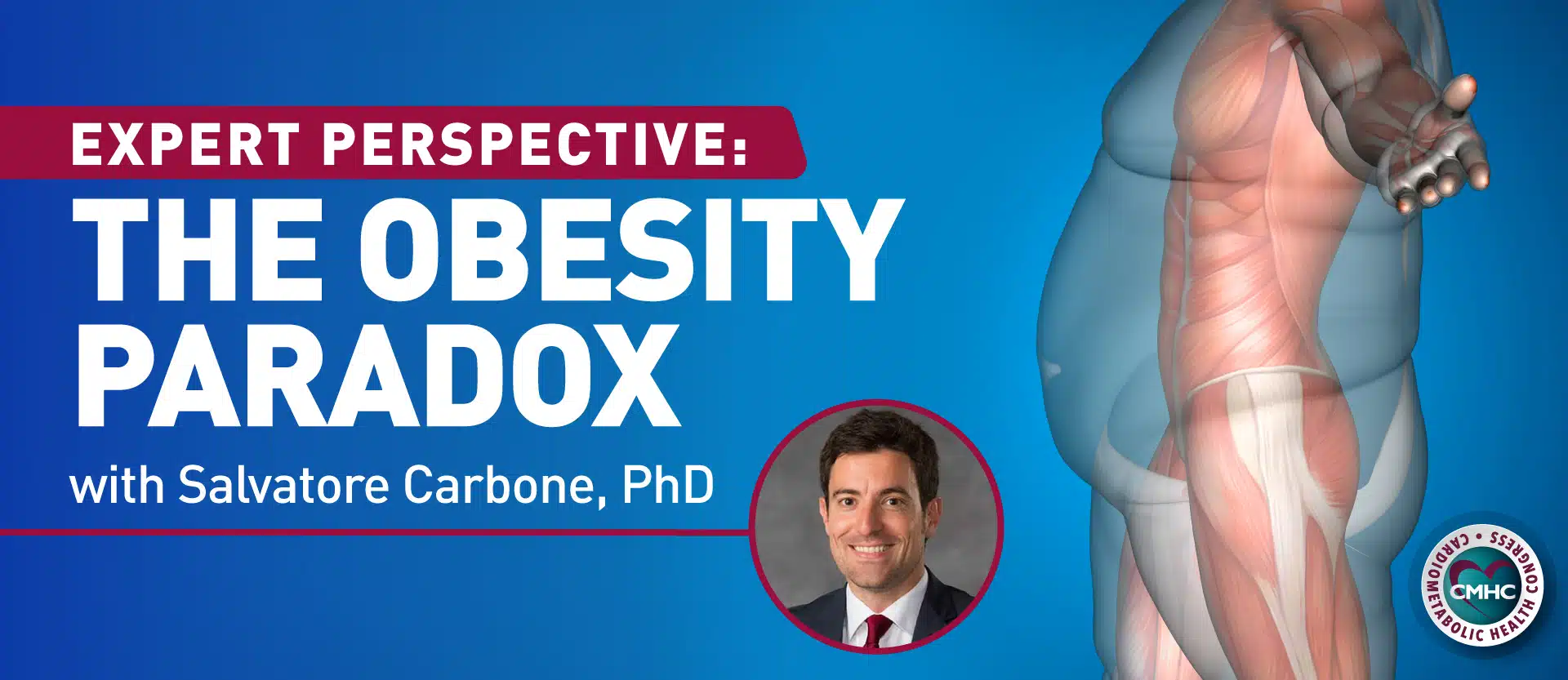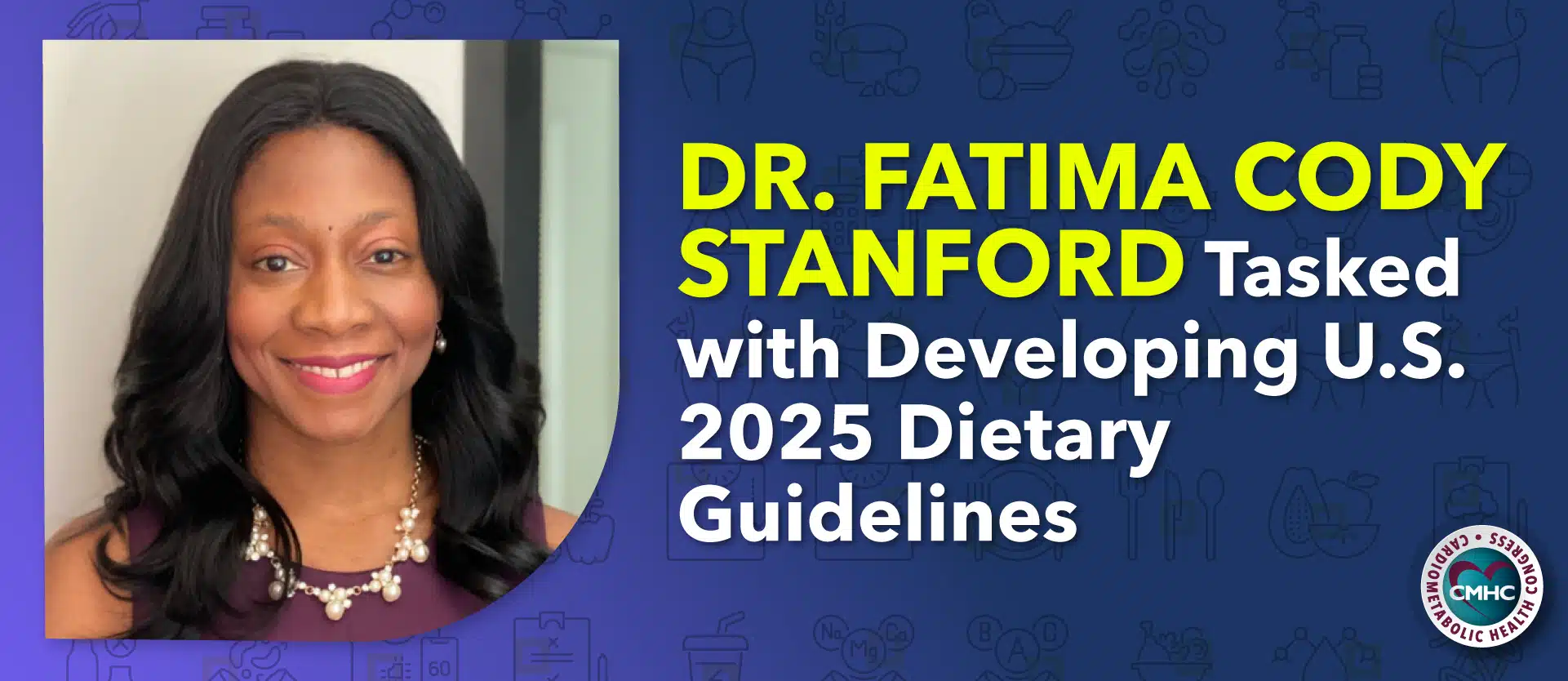You can feel less guilty reaching for your third espresso shot in the midst of the holiday craziness this season— a recent study has linked that extra cup of coffee (up to six cups daily!) to a decreased risk of of heart failure, stroke and coronary heart disease.
Researchers from the University of Colorado School of Medicine presented their findings last week at the American Heart Association’s Scientific Sessions 2017, reporting that every 8-ounce cup of coffee per day reduced heart failure risk by 7 percent, stroke risk by 8 percent and coronary heart disease by 5 percent in comparison to non-coffee drinkers. While this is not the first study of its kind to identify a link between drinking coffee and cardiovascular health, it is the first study to offer numerical data to back up previous research suggesting that coffee’s antioxidant-rich, anti-inflammatory makeup contributes to overall heart health.
Researchers applied machine learning, a process that uses artificial intelligence to track algorithms and patterns within data sets, to analyze the relationship between drinking coffee and cardiovascular health from across three well-known studies: the Framingham Heart Study, the Cardiovascular Heart Study and the Atherosclerosis Risk In Communities Study. All three previous studies are recognized by the American Heart Association and contained useful data, tracking which food and beverages participants were consuming and how their cardiovascular health improved or worsened over time.
“Our findings suggest that machine learning could help us identify additional factors to improve existing risk assessment models. The risk assessment tools we currently use for predicting whether someone might develop heart disease, particularly heart failure or stroke, are very good but they are not 100 percent accurate,” said study author Laura M. Stevens, B.S. While the researchers confirmed that machine learning cannot definitively prove cause and effect, the correlations between coffee consumption and heart health were promising, paving the way for more studies to utilize machine learning in order to more deeply examine relationships between certain foods or beverages and health.
It’s critical to point out that the researchers were examining the effects of coffee and coffee alone—the positive health effects surrounding your morning cup aren’t taking into consideration what you’re adding into it. Businesses have adapted to the overwhelming amount of ways people take their coffee in 2017; Starbucks is perhaps the most infamous in its availability of choice, where it’s customary to get held up in line while the barista prepares a “Grande iced, Half-Caff Ristretto 4-Pump Sugar-Free Cinnamon Dolce Soy Skinny Latte,” for the person in front of you. Regardless of which type of milk, milk substitute, or sweetener you reach for, the research shows that black coffee is the safest and simplest way to consume coffee and reap its health benefits.

















